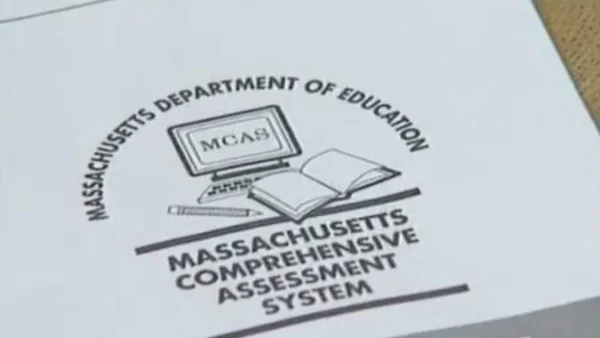“I’m Fine”
“Hi, how are you?” is asked and answered every day. It’s a pleasantry. Oftentimes, the answer one comes to is, “I’m fine.” Nevertheless, I would argue that when we say we’re fine, we may not be at all. Our internal emotions and experiences are incredibly complex, but it is seen as a surprise if someone discloses how they actually feel when asked how they are. Why is that?
Ever since we are young, the goal laid out in front of us is to be happy. We are given rehearsed, and, at times, dishonest sentences to express how we are, such as “I’m fine, and you?” “I’m okay, thanks,” and “I’m good. How are you?” Saying anything else is seen as out of the societal norm. Moreover, if a child is not fine, they can be seen as an inconvenience or the elephant in the room, making others angry or uncomfortable. Although emotional regulation is important in growing and maturing, pressure to always be “fine” can affect individuals from an early age, as people end up lying since childhood.
Additionally, it can feel as if the world around us prefers manicured, pleasant lies over complex truths. Social media tends to only show the highlight reel, news coverage can be draining, and this sentiment is furthered in how we express and respond to emotions. Humans are used to hiding and shielding ourselves from others, but who can blame us? Telling the truth tends to make people uncomfortable and can make a situation awkward, as someone is going against the role the rest of the world is comfortable with them playing.
We also hear of so much tragedy in the news and media, allowing us to become desensitized to negative experiences and thus less practiced using empathy to connect with others. The collective weight of the world’s tragedies diminishes the weight of the individual tragedies we face each day, so it proves incredibly challenging to not be numb to our feelings.
“The collective weight of the world’s tragedies diminishes the weight of the individual tragedies we face each day…”
Moreover, people who do tell their truth are often judged as a result, and it can feel as if humans are genetically wired to fear others’ reactions. We ask ourselves, “Do I look weak and high maintenance?” “Does anyone actually want to know how I’m doing?” “Do I even know how I’m doing?” Also, it is important to note how if we acknowledge our emotions to others, we have to face them ourselves. One may need to admit to themselves that they are actually not “fine,” their life is not perfect, and/or that they need help.
Therefore, it is easier at times to simply tell everyone that we are “fine.” How we are doing has become part of everyday conservation, yet we rarely yield meaningful human connection from telling people we are simply “fine.” Honesty is a powerful tool and imperative for connection with others and to ourselves. Nevertheless, this sentiment will inevitably look different for diverse people. “I’m fine” may be the words that resonate most with someone and how they feel, but it should not be the only acceptable answer.
Of course, it would be naïve to ignore that timing is significant. Someone laying all of their secrets and emotions on the table in the middle of an vital work meeting may not be the best idea. However, if we become more inclined to think and reflect about how we are, it can help us be more truthful with ourselves, which is a big step. By moving out of denial and making an effort to recognize our emotions, we can work to build an expressive, more connected world: a world where people aren’t afraid to say, “Actually, I’m not fine.”






